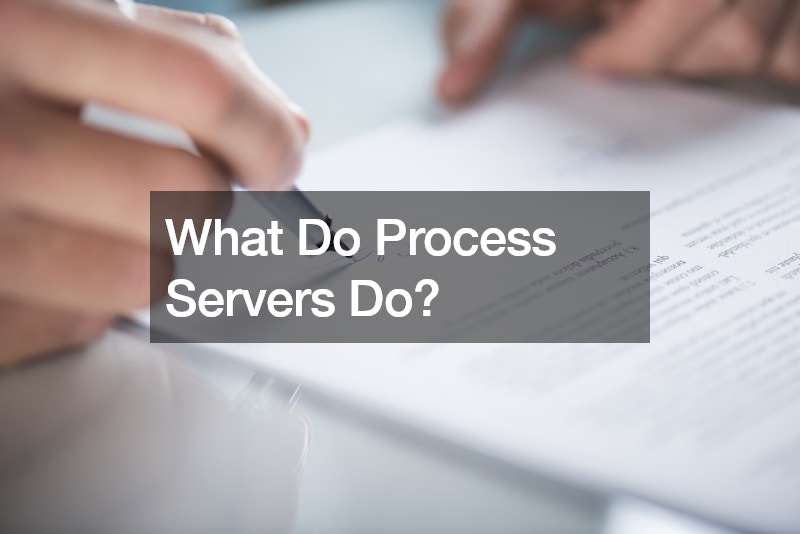

Process servers play a crucial role in the legal system by ensuring that individuals involved in court proceedings are properly notified. Their primary responsibility is to deliver legal documents, such as subpoenas, summonses, complaints, and other court papers, to the individuals named in them.
Legal Notification
The main function of a process server is to serve legal documents in a manner that meets the requirements of the law. This ensures that all parties are aware of legal actions being taken against them and have the opportunity to respond.
Types of Documents

Certified process servers handle a variety of legal documents. These include summonses for court appearances, subpoenas requiring someone to testify or produce evidence, complaints initiating lawsuits, and writs directing specific actions.
Service of Process
The act of delivering these documents, known as service of process, must be done in accordance with strict legal guidelines. This often involves locating the individual, verifying their identity, and delivering the documents directly to them. In some cases, documents may be left with another responsible adult at the individual’s residence or place of work.
Proof of Service
After serving the documents, process servers provide proof of service, a sworn statement detailing the time, date, and manner in which the documents were delivered. This proof is crucial for the legal process, ensuring that the court acknowledges the recipient has been properly notified.
Certified process servers are essential to the legal system, guaranteeing that legal notifications are handled efficiently and in compliance with the law, thereby upholding the integrity of legal proceedings.



